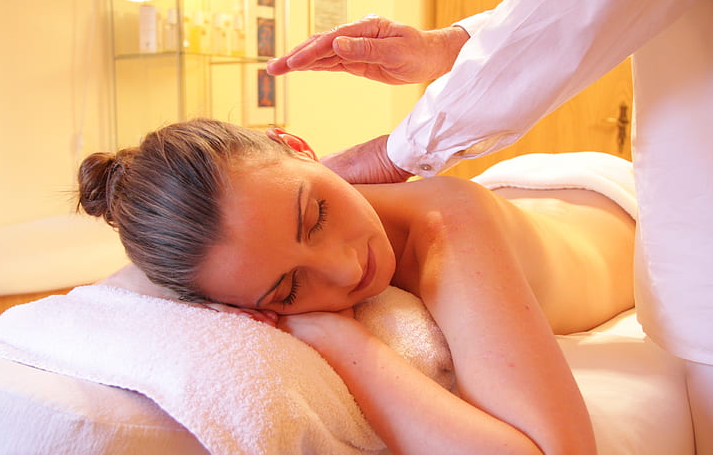Everything You Need to Know About Massage Therapy Schools
 Choosing the right massage therapy school is critical to becoming a certified massage practitioner. Look for one that offers a variety of courses and has an accredited curriculum.
Choosing the right massage therapy school is critical to becoming a certified massage practitioner. Look for one that offers a variety of courses and has an accredited curriculum.
Students also learn conditions and assessment skills and study several massage techniques. However, massage is contraindicated in certain circumstances, such as pregnancy, high fevers, and bone conditions like osteoporosis or cancer if it could accelerate metastasis or cause damage to fragile tissue.
Career Opportunities
Depending on the state’s regulations, massage therapy students often undergo a rigorous training and education process, including completing a certain number of study hours, passing a licensing exam, and attending continuing education courses. It is essential to consider these factors when choosing a program.
In addition to the requisite science classes, most massage therapy schools offer hands-on clinical experiences that allow students to practice their skills on public members and receive graded instructor feedback. This is often an integral part of the program and requires a significant commitment of time and energy.
For many graduates, working as a massage therapist offers a high degree of autonomy in their work life compared to other healthcare professions and can be a rewarding career choice. Many massage therapists also specialize in working with specific populations, such as pregnant women, children, hospice patients, or athletes.
Costs
The costs associated with massage therapy schools vary widely depending on the program length and state requirements for licensure. Tuition fees are significant, but additional expenses include books, student liability insurance, and a massage table.
Choosing an accredited school can lower the overall cost. Additionally, students who qualify for federal financial aid may be able to receive grants or loans that don’t require repayment.
Other things to consider include whether the school offers day or night classes and how close it is to home or work. If you need help to afford to attend a school in your area, look into online programs. These are often less expensive and provide the same quality education. Some even offer student clinics that allow students to practice their skills on real clients. Also, check for specialized programs that cater to a specific clientele, such as sports or prenatal massage. These can increase your earning potential and lead to a more focused career.
Specializations
Narrowing down school options can begin with a look at a program’s website. Check for reviews and financial aid availability. Schools that offer financial aid must post student exam pass rates and other data that might help you assess the program’s quality.
It’s also worth considering the specializations offered at each program. For example, if you want to focus on luxury spa work, choose specialties that support it, like sports or prenatal massages.
It’s also helpful to find out how long a program has been in business and whether its faculty members have extensive experience teaching massage. Many instructors also continue to practice massage part-time, and having them share their professional experiences can be valuable. In addition, some states require additional training and certification for certain massage specialties. This may impact the length of time you spend in school.
Licensing Requirements
Upon completing your program, you may need to pass a licensing exam to become licensed to practice professionally. The license requirements vary from state to state.
You should also ask prospective schools if they model their curriculums around the Entry-Level Analysis Project, a set of standards designed to prepare students for licensure as professional massage therapists. This will help you decide whether the school meets nationally recognized educational standards.
It would help if you also asked about the program’s hands-on experience and internship opportunities. Some programs will allow you to complete clinical training at local spas and wellness centers, while others offer externships with various employers in the field. Some massage schools also offer additional specialty certificate programs, such as oncology massage or sports massage.